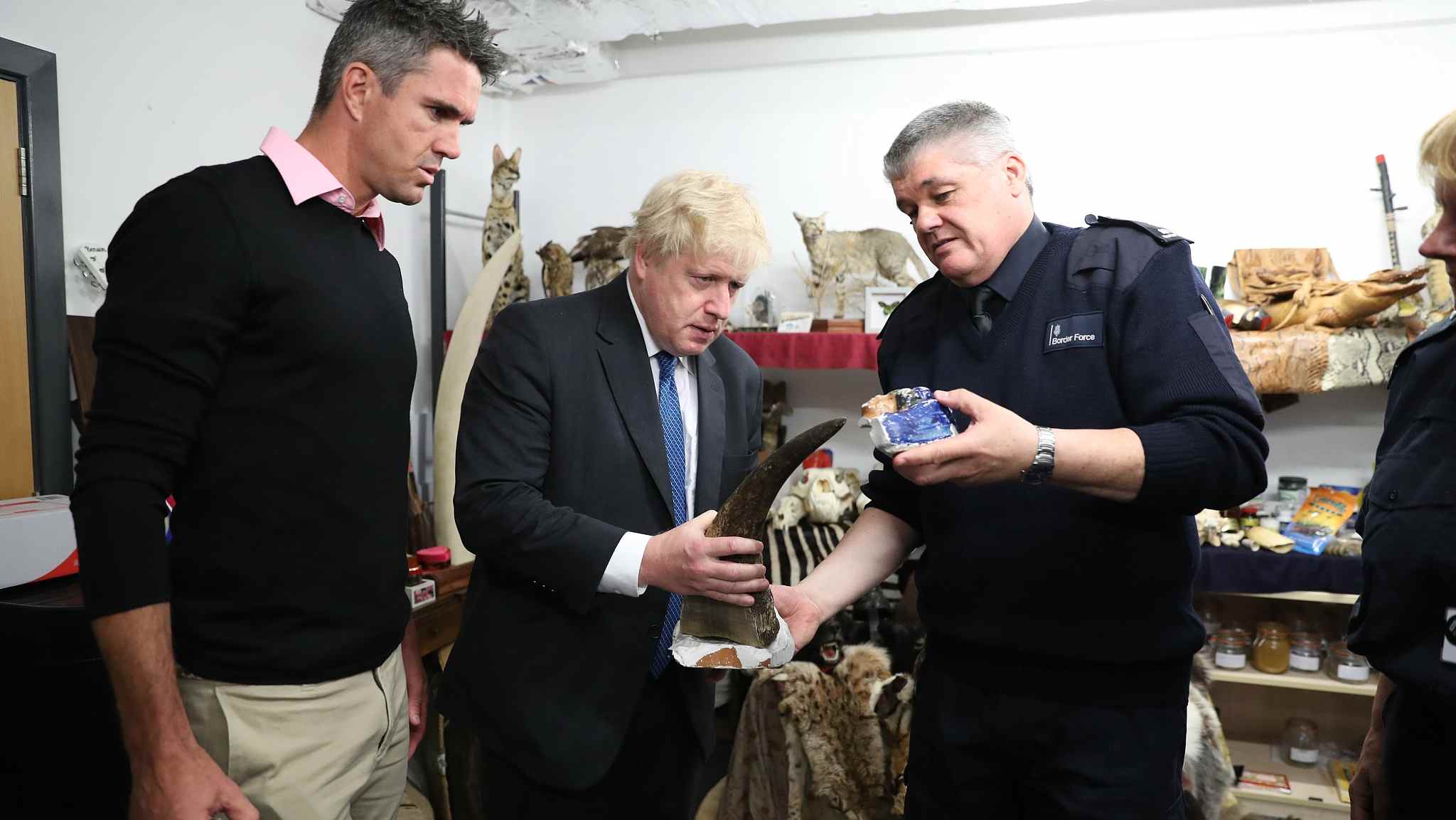
Tech & Sci
14:39, 09-Nov-2018
EU refuses to enforce complete ban on ivory trade
Updated
13:40, 12-Nov-2018
Alok Gupta

The European Commission's reluctance to impose a complete ban on ivory trade has caused worry among conservationists and parliamentarians working to control African elephant poaching.
Last year, the European Union (EU) – the largest domestic market for ivory in the world – banned international trade of raw ivory. However, Members of the European Parliament (MEPs) affiliated to various political parties demanded a complete ban on the local ivory trade like the one enforced by China, the US, and recently the UK. A group of 32 African countries also pressed for a similar legislation.
A study conducted by more than 30 wildlife groups claimed that the EU countries in 2014-2015 exported 1,258 tusks – more than the combined total for the previous eight years. The study was submitted to the European Commission to bolster their appeal to end domestic ivory trade.
Under pressure from parliamentarians and conservation groups, the EU initiated a public consultation on the issue. A vast majority of 90,000 comments received at the end of consultation demanded a stricter action on ivory trade.
In July, a leaked draft report revealed that the commission was in favor of stricter action. The report mentioned that the commission, "intends to further restrict ivory trade in and from the EU. The commission intends to discuss the content of such restrictions with their member states and stakeholders in the coming months."
In a curious turn of events, another version of the commission's report released last month, steps back from the earlier stand. The final report mentions, “Other respondents opposed further limits on elephant ivory trade to and from the EU, especially for antiques,” the Independent reported.
Peter Knights, CEO of WildAid, described the hypocrisy of the EU's position as staggering. “How can they support the closure of ivory markets around the world but exempt their own? If China and the US, previously the world's biggest ivory markets, can close down their domestic ivory trade, it's certainly not beyond the EU's capability to do the same,” said Knights to CGTN.
Catherine Bearder, chair of the MEPs for Wildlife interest group, concerned over the recent changes in the draft report, tweeted, “I have asked for a meeting with the EU Commission to find out what happened. We banned seal products entering the single market in 2009; we can do the same with ivory.”

The EU plan to reverse plan to completely ban ivory trade has worried MEPS and conservationists. /Twitter Photo
The EU plan to reverse plan to completely ban ivory trade has worried MEPS and conservationists. /Twitter Photo
In July, an investigation by Avaaz, a campaign organization, bought 109 ivory pieces from various European markets. For ascertaining the age, items were sent for radiocarbon dating at the University of Oxford laboratory.
Investigators found three quarters or 74.3 percent of ivory tested to be fake antique ivory sold illegally. More than one-fifth of the pieces labeled as antiques were made of ivory from elephants killed after 1990. Another three-quarter of ivory items dated to after 1947.
Trade of ivory pieces procured after 1990, also known as post-convention ivory is banned, and a government permit is required for items purchased from 1947 to 1990.
Recent estimates claim that nearly 20,000 African elephants are poached for ivory every year.
Wildlife campaigners pointed out that the EU's reluctance to enforce a domestic ban is also mounting pressure on law enforcement agencies in countries that have implemented a complete ban on ivory trade.
(Former England cricketer Kevin Pietersen (L) and former British Foreign Secretary Boris Johnson visit the Heathrow 'dead shed' at Custom House, Heathrow, to see seized ivory and rhino horns, and other items relating to the illegal wildlife trade, May 4, 2018. /VCG Photo)

SITEMAP
Copyright © 2018 CGTN. Beijing ICP prepared NO.16065310-3
Copyright © 2018 CGTN. Beijing ICP prepared NO.16065310-3